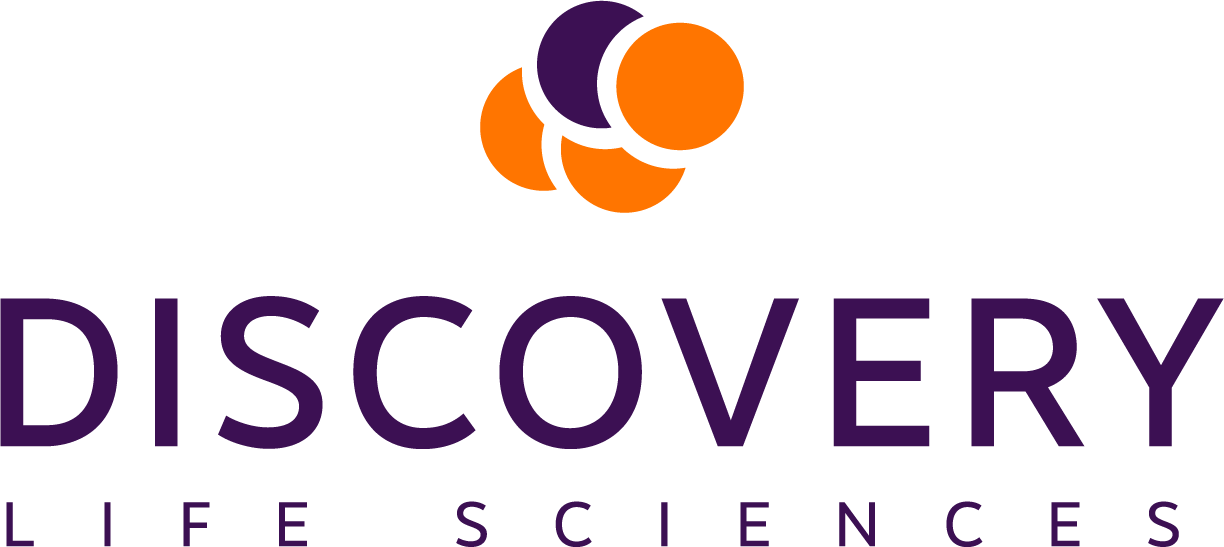The use of biomarkers to guide patient selection in clinical trials has been shown to improve the likelihood of approval for new oncology therapeutics1. This approach, however, complicates drug development due to the need for a co-developed CDx prototype, also called a clinical trial assay (CTA), which requires additional regulatory oversight and manufacturing support. Over half of all cancer therapeutics in clinical trials utilize biomarker-driven strategies to identify and enroll patients, and 30-40% of FDA-approved novel drug approvals in the past 4 years include a biomarker in the package insert1,2,3 These trends fuel growing demand for custom assay development and associated laboratory testing services.
Development of a CTA for therapeutic classes such as antibody-drug conjugates, synthetic lethal inhibitors, and engineered cellular therapeutics is challenging. Foremost, finding an “off-the-shelf” assay that is fit-for-purpose for the intended use, especially for new therapeutic targets, can be difficult. Furthermore, even if a cleared IVD kit or lab developed test (LDT) exists, it may not be intended for use on specific tissue types or applications, requiring some degree of optimization and validation prior to deployment in clinical trials.
For a biomarker-driven clinical trial, clients can expect some level of assay development and validation. Since a CTA has the potential for regulatory approval and commercial development, technology selection, platform type and a myriad of other factors must be carefully considered to ensure it performs well in early trials and can scale for Phase III development and ultimately market launch.
Implementation of IVDR, aimed at improving public health and patient safety, has led to several unintended consequences, especially with respect to deploying novel biomarker assays in clinical trials. These include the lack of a central authority and database for submissions (pending the launch of EUDAMED) requiring multiple regional submissions, and inconsistent regulatory and scientific requirements across regions. A survey conducted by EFPIA, respondents expected delays of 6 to 12 months for approximately 238 to 420 trials over the next three years4 . Many companies have considered reducing the number of EU trial sites as a result of these delays and complications.
Discovery Life Sciences (Discovery) provides key services to enable drug development with our pharmaceutical and biotechnology clients, including specialty laboratory services, assay-ready biospecimens, high-quality cell and gene therapy starting materials, and in vitro ADMET and cytotoxicity solutions. Our global network of laboratories is ideally positioned to support co-development of precision medicines and companion diagnostics (CDx), which are required for the safe and effective use of many therapeutics. Our Kassel, Germany laboratory, a Health Institute under Article 5 of IVDR, offers a wide range of services for EU-based clinical trials that can significantly reduce start-up times and costs.
While Article 5 of IVDR allows laboratories that qualify as an EU Health Institute to offer in-house devices for clinical trials without the need for a full Performance evaluation, few contract laboratories that service the EU hold can be classified as such. Discovery’s laboratory in Kassel, Germany is allowed to act as a Health Institute under Article 5 of IVDR, as well as CAP/CLIA with GCLP and ISO13485/15189 compliant quality systems. Assays developed in our Kassel laboratory are validated under appropriate change control, risk management procedures, and pharmacovigilance for adverse events following clinical deployment, eliminating the need for Performance Study Applications to regional regulatory authorities and accelerating the study startup time. Assay validation to first patient enrolled typically takes 6 to 10 months (depending upon the technology platform). Furthermore, assays deployed at our Kassel facility can be harmonized and mirrored at our US facilities to support global clinical trials that require multiple testing sites. Our laboratory will additionally utilize CE-IVD marked assays to support clinical trials if a suitable assay that meets the intended use can be identified.
Discovery’s mission is to enable the discovery and development of therapeutic and diagnostic solutions that improve patient outcomes. We start all assay development with commercialization in mind, carefully choosing technology platforms, matched reagents (with freedom to operate), and workflows. Our approach utilizing a lab-developed test or in-house device to support early phase development permits faster startup for early phase and proof-of-concept studies when time is of the essence. This approach delays the need for a costly kitted IVD solution until later stages, when the need for a companion diagnostic is confirmed by regulators. We are committed to working closely with our clients to identify the optimal pathway to develop and deploy diagnostic assays in support of their clinical trials.
References
- Biotechnology Industry Organization (BIO). Clinical Development Success Rates and Contributing Factors 2011–2020. Retrieved from: https://go.bio.org/rs/490-EHZ-999/images/ClinicalDevelopmentSuccessRates2011_2020.pdf
- Novel Drug Approvals at FDA | FDA. Determined using all FDA NME oncology approvals from 2020 to 2023
- FDA. List of Cleared or Approved Companion Diagnostic Devices (In Vitro and Imaging Tools). Accessed on: September 2024. Retrieved from: https://www.fda.gov/medical-devices/in-vitro-diagnostics/list-cleared-or-approved-companion-diagnostic-devices-in-vitro-and-imaging-tools
- European Federation of Pharmaceutical Industries and Associates (EFPIA). Critical impacts of IVDR implementation on patient access to clinical trials. Accessed September 2024. efpia_ivdr-survey-slides.pdf


